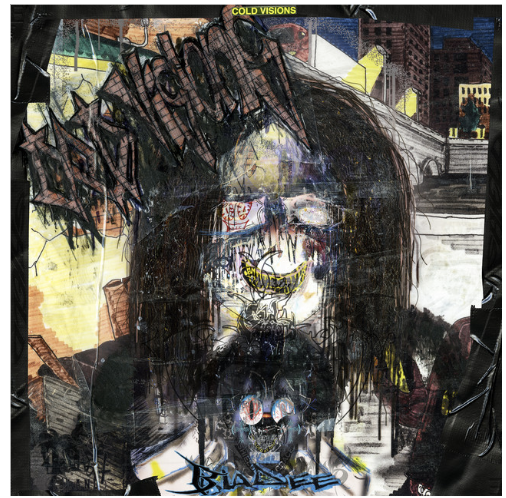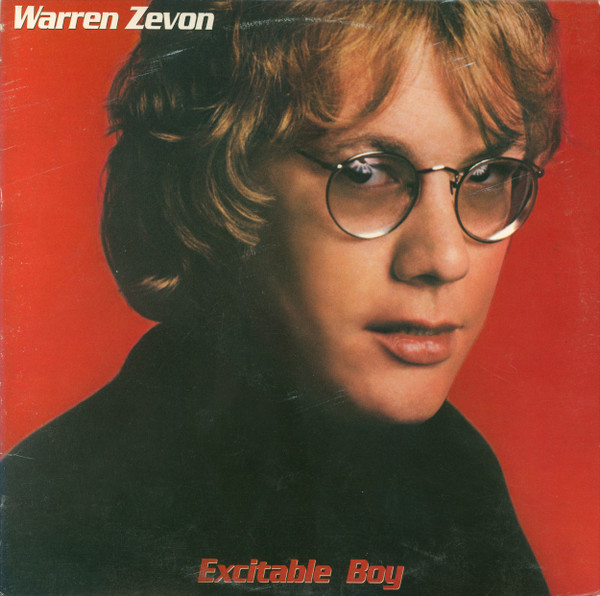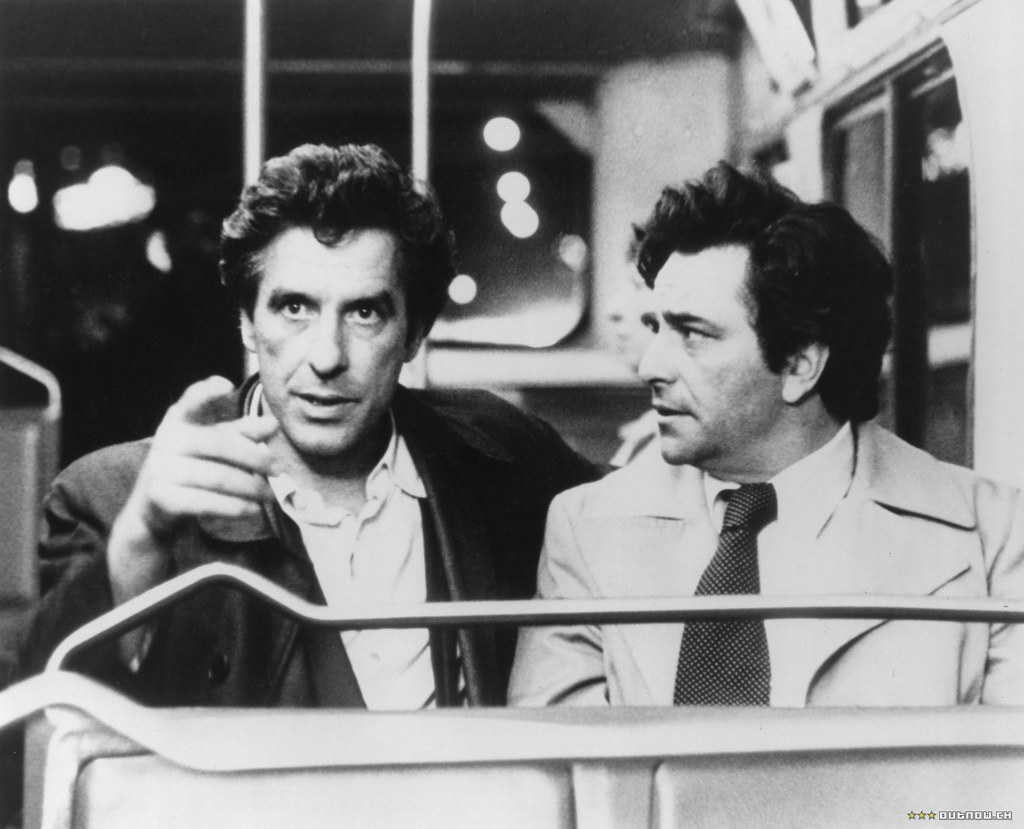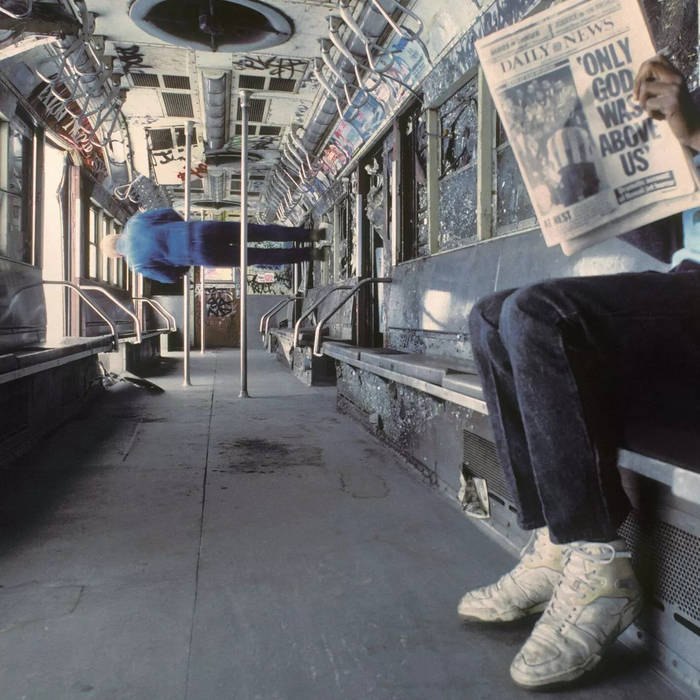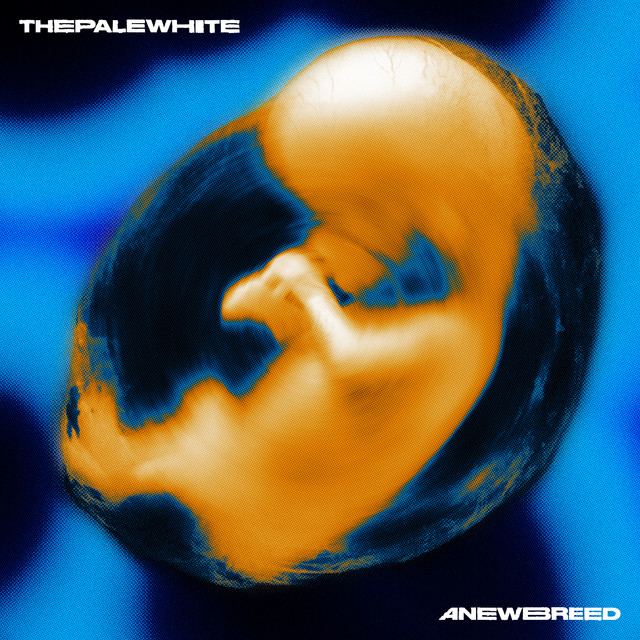I can’t remember my first introduction to Vampire Weekend, but I can remember how I felt listening to “M79,” at maybe nine or ten years old and feeling absolutely starstruck. From then on, the music stuck with me, dominating my ipod playlists. I carried Vampire Weekend with me everywhere. On the way to school, before bed, packing up and moving from our house in downtown Carrboro to Chapel Hill, sifting through all the boxes to find my CD player so “Campus,” could be the first song to grace my new room.
So, with all that history, I’ve been waiting patiently for “Only God Was Above Us.” The day the album came out I was waiting at the train station to visit my longtime friend in Washington, DC. I listened to the album once waiting in the lobby. I listened to it again staring out the window. Then again, then again.
Read more: Growing Up With “Vampire Weekend,”
Staring out through the glass, watching the fields and farms and green trees race by, I was struck by how similar “Only God Was Above Us,” sounded to Vampire Weekend’s previous works. Not so much 2019’s “Father of the Bride,” but the albums that started it all, such as “Modern Vampires of the City,” and the self-titled “Vampire Weekend.”
There was the sparkling instrumentation, the return to jaunty themes and arrangements, the tongue-in-cheek lyrics.
To my suprise, this similarity was intentional. Reading about the album, the things that I had only thought sounded familiar were actually familiar. Keonig and his bandmates picked up some of the motifs from Vampire Weekend’s most popular songs and expounded upon them, calling back songs like “Mansard Roof,” on the song “Connect.”
The result is something strange, uncanny, and to me, a bit jarring. I was filled with an uncomfortable nostalgia. My mind wanted to take me back, but my body was rooted firmly in the present.
On the first few listens, Vampire Weekend was trapped in a moment in time, back to when I was a young kid dancing around my bedroom on my days off from school, but more so, back to the hipster culture of the early 2000s.
But then something clicked. I tried to separate the past and present in my mind, appreciating the artistry of returning to your roots, taking the songs that become so boring to perform and think about after 20 years, and adding new flairs to them, recreating history.
All of a sudden, “Only God Was Above Us,” became something entirely fresh. Among the old there was new, the jazzy touches, the roaring orchestrations and the flurries of sound in “Connect,” and “Classical.”
“Classical,” I think, captures the whole of the album. Koenig sings, “I know that walls fall, shacks shake / Bridges burn and bodies break / It’s clear something’s gonna change / And when it does, which classical remains?”
When stripping away the legacy of the band, unpacking each of the songs, what remains? What pieces can be salvaged, what new things can be built? The classical is the old Vampire Weekend,the old me, the old you. I think this album can be seen as growing up, as rearranging the past messy bits of your life, of moving on and becoming a more well-rounded person.
There’s also the song “Hope,” which is an almost nine minute long track which is epic, hopeful, and future-forward. “I hope you let it go,” says Koenig. “The enemy’s invisible / I hope you let it go.”
In an interview with Exclaim!, he stated in regards to the song, “What does hope mean? Well, I hope I have the ability to let things go; I hope I have the ability to go with the flow of life; I hope I have the ability to love life, no matter what form it takes.”
I think this quote encapsulates what I didn’t recognize about the album before, what was missing from my view of the past. Stepping ahead and becoming an adult means re-contextualizing everything you’ve once done and being able to think more clearly. That’s what Koenig and his bandmates have done here, quite literally, extrapolating on their old songs and adding more.
With that, my nostalgia doesn’t feel so uncomfortable anymore. This album secures fluidity in the legacy of Vampire Weekend. They don’t have to be trapped, they’re a living and changing organism like anyone else. I can still dance around my room, just a grown up kid, knowing this music will grow alongside me.
Top Tracks:
- “Ice Cream Piano”
- “Classical”
- “Connect”
- “The Surfer”
- “Hope”

